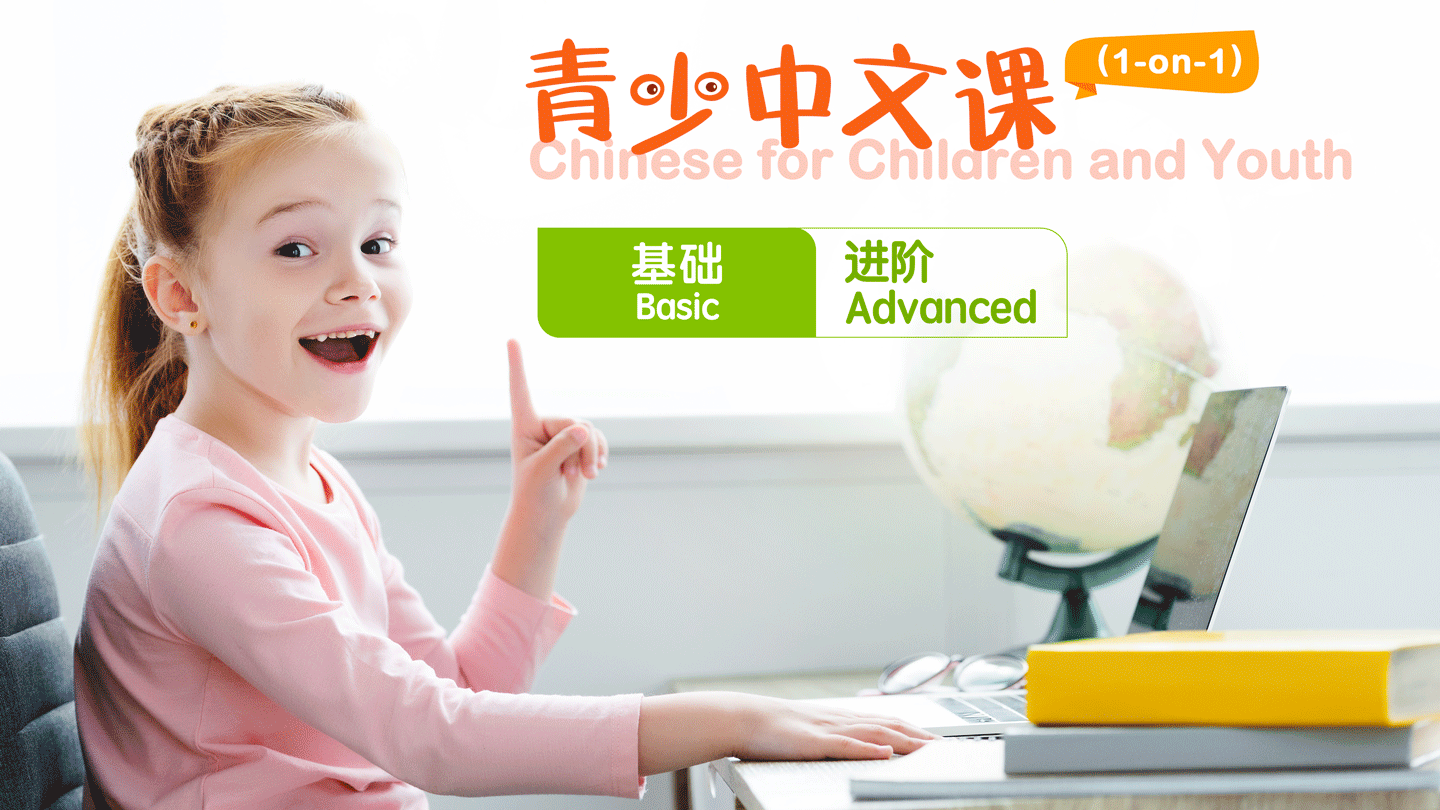BLCU Continuing Education College
Chinese Language Education Platform

BLCU Continuing Education College
Chinese Language Education Platform

Time flies! It's almost the end of 2024 now.
Let's take a look at some popular Chinese words of the year.
1. 抽象(chōuxiàng)
This is the top popular word this year in REDnote app, the Chinese version instagram.
The word 抽象(chōuxiàng) originally means abstract or abstraction. For example, 抽象(chōuxiàng)艺术(yìshù) abstract art, 抽象(chōuxiàng)思维(sīwéi)abstract thinking ability.
This word is often used by young people to describe behaviors that are illogical or difficult to understand. For example, you come home and find your roommate pretending to be a bird. You can describe him很(hěn)抽象(chōuxiàng).
Tā zěnme chuān zhe wàixīngrén de yīfu lái cānjiā bìyè diǎnlǐ? Yě tài chōuxiàng le ba!
他怎么穿着外星人的衣服来参加毕业典礼?也太抽象了吧!
Why does he wear the alien costume to attend the graduation ceremony? It's too quirky!
2. 红温(hóngwēn)
This word comes from a Chinese esports player whose face turns very red during intense competition and emotional excitement. Later, the word became popular on the Internet. People use it to describe a person who is excited and very angry.
Nǐ zài diànhuà lǐ shuō shénme le? Lǎobǎn qì de dōu hóngwēn le.
你在电话里说了什么?老板气得都红温了。
What did you say on the phone? The boss was so angry that he turned red.
3. 草台班子(cǎotáibānzi)
This phrase originally referred to those temporarily organized stage drama teams, makeshift theatre troupe in rural areas of China. But later it is used to describe those temporarily organized team with chaotic management and frequent mistakes. This year, a sentence that used this word became very famous on the internet.
Shìjiè shì yígè jùdà de cǎotái bānzi.
世界是一个巨大的草台班子。
The world is a huge makeshift theatre troupe.
The meaning is that the world does not operate as precisely as one imagines. After experiencing some things, you will find that some seemingly respectable organizations operate in such chaos, and you will feel disillusioned.

The Beijing Marathon is one of the largest sports events in China. This year the organizers only discovered after the race that they had printed the wrong logo on the finish medal. This proved
Shìjiè shì yígè jùdà de cǎotái bānzi.
世界是一个巨大的草台班子。
4. 班味儿(bānwèir)
班(bān) is from the word 上班(shàngbān), to start working. 味儿(wèir) means the smell.
班味儿(bānwèir) refers to the terrible temperament and appearance produced by work, which means that working under pressure for a long time can make people physically and mentally exhausted. This exhausted and lack of vitality is called 班味儿(bānwèir) .
If you describe a person班味儿很重(bānwèir hěn zhòng) , it means that he/she looks very unhappy due to high work pressure, such as yellowish complexion, dark circles under the eyes, etc.
5. 包(bāo)……的(de)
This phrase originated from a dialect in some places of China, meaning it is guaranteed, definitely. It started to become popular on the internet, because a game blogger often uses this phrase in his live video broadcasts
The original usage of this sentence pattern is like this.
Your friend invited you over for dinner and you asked:
你(nǐ)自己(zìjǐ)做饭(zuòfàn)? 好吃(hǎochī)吗(ma)? You cook by yourself? Is it good?
Your friend can reply:包(bāo)好吃(hǎochī)的(de)! Of course good!
Xué wán zhè ge kèchéng, wǒ yídìng néng tōngguò HSK 4 ma?
A: 学完这个课程,我一定能通过HSK4吗?
Can I definitely pass HSK4 after completing this course?
Bāo guò de!
B: 包过的!
Of course.
This is just an example sentence. If you don't study hard by yourself after class, you may not pass the exam.
Our online HSK course, business Chinese, Chinese for international trade and Chinese for kids courses are all on sale now until 29th Dec. Only 3 Days left for the 20% off. You can check the details from here.




